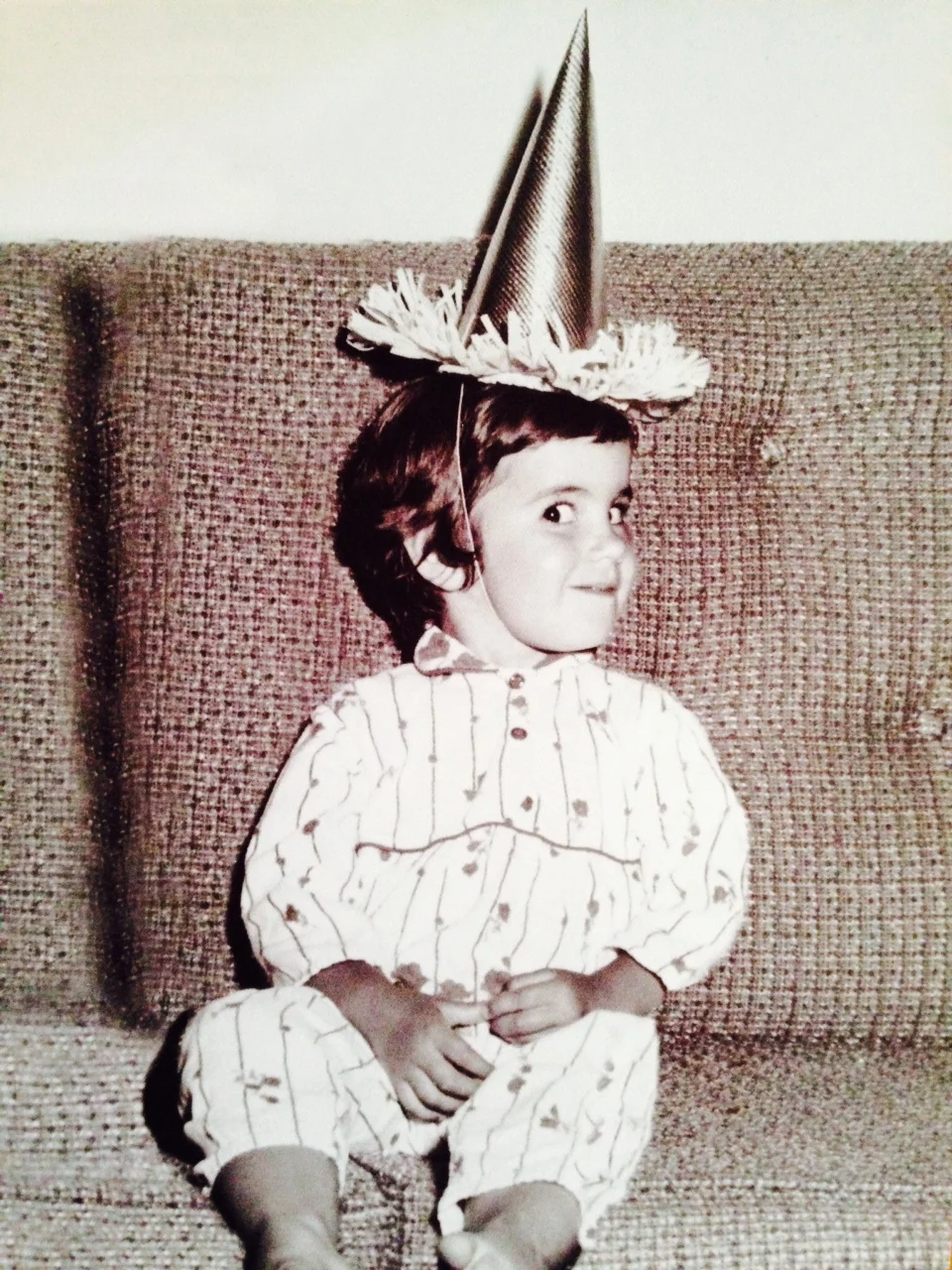A shot of the “Purtan No Stars” team in 1972. Front Row: (Left) Rip Collins, Detroit Lions Equipment man; Tom DeLisle, Mayor Gribb’s Executive Assistant ( at that time); Dick Purtan, CKLW radio; Ted Pearse, TV sales; Sonny Grandelius, MSU All American and New York Giants; Gordie Howe.Second Row: Lou Schuck, Purtan's radio engineer; Bob Posch, area singer and entertainer; Tom Ryan, Purtan's producer; Kelly Burke, WXYZ News reporter,Earl Morrall, MSU All American and former Detroit Lion; Tom Kelly, Channel 2 sports anchor; Jim Davis, WXYZ radio afternoon host; Jim Price, former Detroit Tiger. (Photo: Courtesy of Tom DeLisle)
My personal history with Gordie Howe was filled with good fortune. Besides my fabulous wedding party ride, I encountered him again and again over the years.
While working with Detroit morning radio icon Dick Purtan in the 1960s and ’70s, we had great fun fielding a media hockey team called the Dick Purtan No-Stars raising money for charities.
Gordie was working in the Red Wings front office upon his retirement and we had the great fortune to have him play for the No-Stars, so naturally his involvement boosted attendance.
From a personal viewpoint, the idea of playing alongside Gordie Howe was a dream come true for myself and my teammates who consisted of local newspaper and radio-TV personalities, along with many former local athletes from the Red Wings, Tigers and Lions. We literally fielded teams with players as far-flung as Motown singer Marvin Gaye and 1940s Heisman football legend Doak Walker, along with Hall of Famers Ted Lindsay and Bill Gadsby.
I used to notice an odd noise in the air in our first weeks of pickup practices, something that I found distracting, out of place in hockey. Finally, I was able to discern that the strange sound was a giggle … a high-pitched titter that was coming from … well … the greatest hockey player in the world. As he was swishing by us on the ice or taking the puck from a group of players in a corner, Gordie was giggling like a schoolkid. “Hee-hee … hee, hee, hee.” He was having that much fun playing the game he had enjoyed, and mastered, all his life.
One time I snuck up behind him as he was casually turning with the puck, and I was able to sweep-check it off his stick. As I chased after the now-loose disc I was thinking “wow, I just poked the puck off Gordie Howe’s stick!”
Suddenly I experienced a machine gun-like rapping on the side and rear of my hockey pants as if I was being attacked by a flock of crazed woodpeckers. It was Gordie, whacking me wildly from behind … bang, bang, bang, bang! … with one hand on his sawed-off stick. Surprised and confused, I stopped in my tracks, turning to look back, only to have him sweep quickly by me, taking the puck back off my stick, and giggling wildly as he circled and headed back up ice. Yet it was a thrill to be upstaged by the great … and giggly … Gordon Howe.
In 1995, I was selected by Colleen and Gordie to write a book with them on the history of their family. The book was titled “And Howe!” and though Colleen and I didn’t see eye-to-eye about how it should be constructed, it gave me the opportunity to live and travel with Gordie for six months that year.
In airports we sometimes hung out at a VIP lounge where I often took advantage of an open bar, but Gordie would never have more than one beer. It was a rule he never abandoned.
“I’d like to join you,” he said one afternoon as I rose to get him a can. “But I don’t ever want a kid drinking alcohol because he once saw Gordie Howe having a beer in public.” That was Gord.
Gordie was a genius in many aspects of his life, personality, and work. While doing research on the book I was able to determine that he had suffered all his life from Dyslexia, a disease that rendered reading and writing near impossible for suffering young students.
It was virtually unknown out on the Canadian Prairie during his youth in the 1930s. Gordie, because of the disease, was mocked in his schoolwork and fell behind in his studies.
He told me once of a teacher sending him to the blackboard with the instructions to spell words she called to him from the class. He failed, awfully, in front of his fellow students. “The words were all backwards, like Chinese,” Gordie explained. “A lot of people called me ‘Dummy.’ ”
Friends of Gordie Howe knew that no one with the natural humor and incisive mind he exhibited could ever be regarded as being slow or dull-witted. And some observers have wondered if Gordie’s difficult childhood — being saddled with the undiagnosed curse of the Dyslexia that plagued him — may have sparked his fierce competitiveness and aggression on the ice that sparked his amazing talent.
Wayne Gretzky went way up in my estimation this last week when he was asked to comment on the passing of his childhood idol. He didn’t mince or waste words. The man nicknamed “The Great One” stated strongly that Howe was “the greatest hockey player in history … and the finest man I have ever known in my life.”
Gordie was our inspiration … Detroit’s village champion. A once-in-a-lifetime genius who brought light into all our lives across the many decades of his public stardom. Like Muhammad Ali, who was buried amid great public acclaim on the day Gordie passed, our Number Nine truly was the Greatest … of All Time.
And a man I admired and loved like no man I’ve encountered in this life.
Tom DeLisle is a native Detroiter who was a Free Press reporter from 1967 to 1971.





















